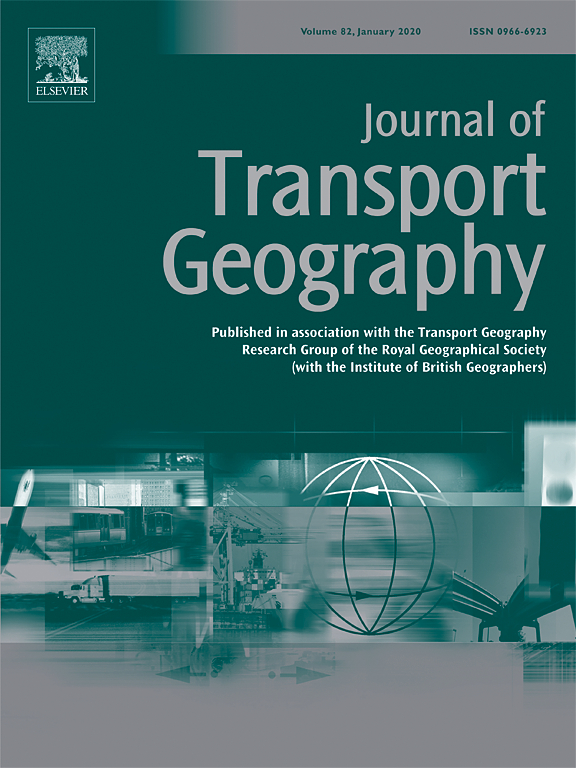
Abstract
Transport inequality analyses are often informed by accessibility estimates based solely on travel time impedance, ignoring other elements that might hinder access to activities, such as the monetary cost of a trip. This paper examines how and to what extent simultaneously incorporating both time and monetary costs into accessibility measures may impact transport inequality assessment. We calculate job accessibility by transit in the city of Rio de Janeiro, Brazil, using cumulative opportunity measures under distinct combinations of temporal and monetary thresholds, and compare how inequality levels vary across different scenarios. We find that the most common research practice of disregarding monetary costs tends to overestimate accessibility levels. However, stricter monetary constraints do not necessarily result in more unequal scenarios. How accessibility inequality is affected by monetary costs is highly dependent on what combinations of temporal and monetary cut-offs are considered in the analysis. In the case of Rio, opting for lower monetary thresholds when looking at shorter trips leads to inequality levels lower than those found in the no monetary threshold scenario, but results in higher inequality levels when allowing for longer trips. We find that the impact of monetary costs on transport inequality estimates depend on a complex interaction between fare policies, the spatial organization and operational characteristics of transit systems, and the spatial co-distribution of opportunities and residential locations. The paper thus highlights that conclusions and policy recommendations derived from transport inequality analyses can be affected in non-intuitive ways by the interplay between temporal and monetary constraints. Future research should investigate how different combinations of travel time and monetary costs thresholds affect inequality estimates in different contexts.